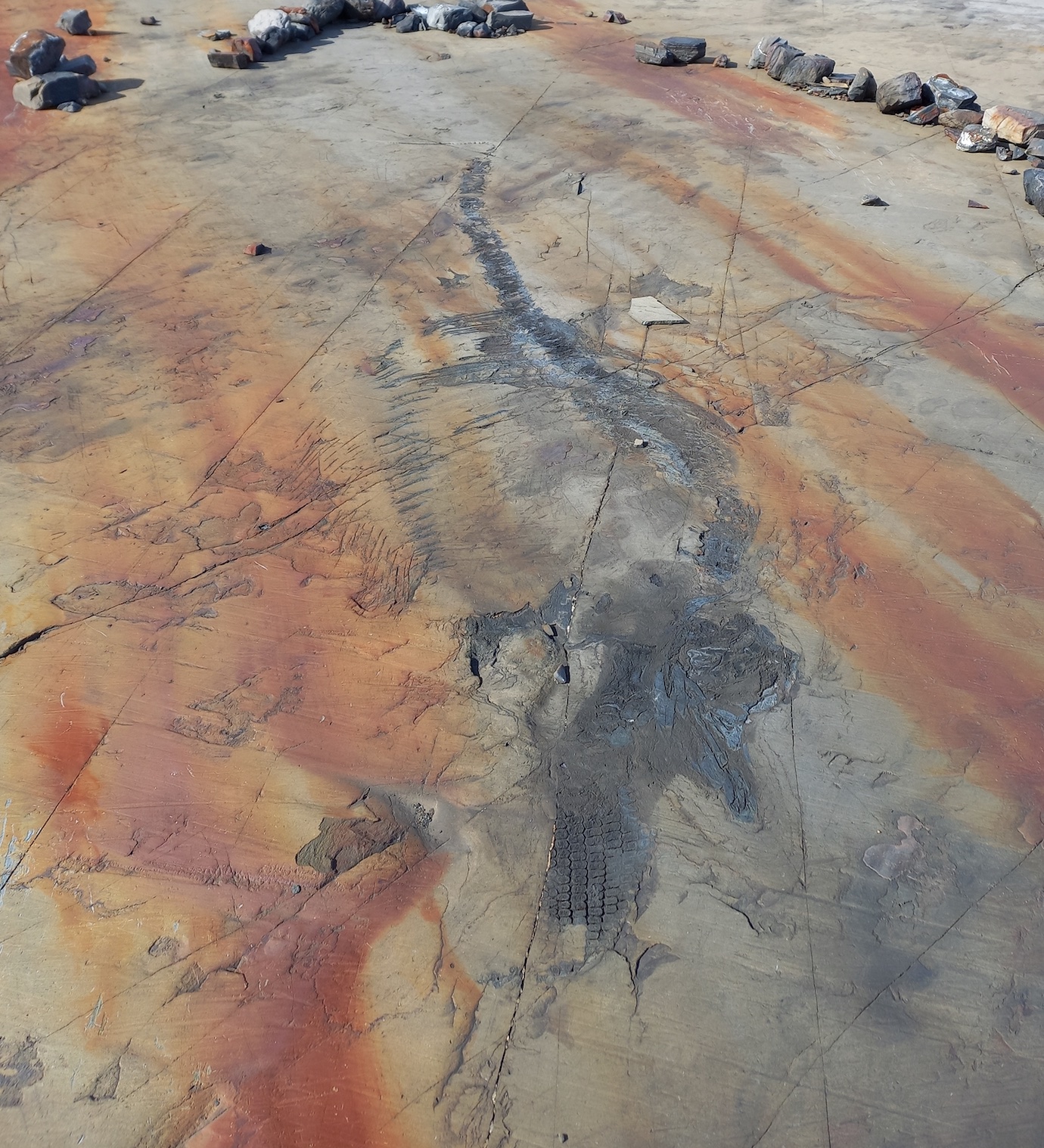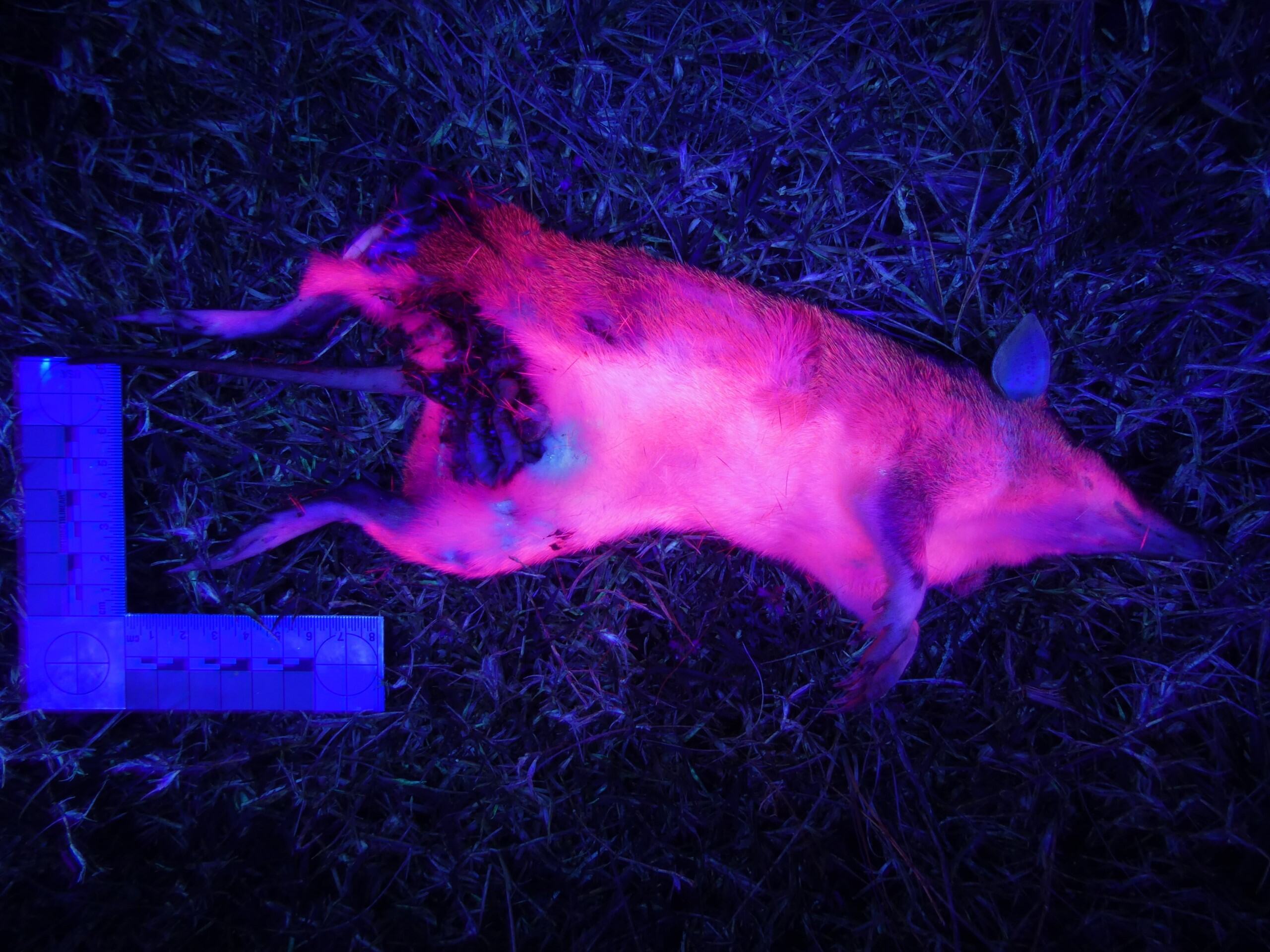Now Reading: First Pregnant Ichthyosaur Fossil Sheds Light on Early Cretaceous Seas
-
01
First Pregnant Ichthyosaur Fossil Sheds Light on Early Cretaceous Seas
First Pregnant Ichthyosaur Fossil Sheds Light on Early Cretaceous Seas

Rapid Summary
- A nearly complete ichthyosaur fossil, nicknamed “Fiona,” has been found in Chile, marking the first discovery of a pregnant Myobradypterygius hauthali from the hauterivian stage (131 million years ago).
- Fiona’s remains where uncovered near the retreating tyndall Glacier in Torres del Paine National Park and include remarkable features like elongated limbs for long-distance swimming.
- Inside fiona’s fossilized body, researchers identified her last meal (tiny fish vertebrae) and a fetus measuring 20 inches-a rare glimpse into ancient marine reptile reproduction.
- The excavation site, termed “sea dragon graveyard,” has yielded 88 ichthyosaur fossils so far, primarily adult specimens and newborns.High mortality was noted among infants shortly after birth.
- Geologists suggest Patagonia served as a birthing refuge due to abundant food supplies and few predators for these marine creatures during seasonal migrations.
- Climate change is accelerating glacial retreat at Tyndall Glacier, exposing fossils that are vulnerable to natural erosion processes or permanent loss due to vegetation growth over time.
Indian Opinion Analysis
This discovery enriches understanding of ancient marine reptiles amidst rapidly changing environmental conditions worldwide. India can draw valuable lessons regarding paleontological research under similar circumstances; many fossil-rich regions within its territory face challenges from climate change-induced effects such as rising temperatures or landscape changes caused by mining activities. Insights into how species adapted geographically during drastic events-like anoxic ocean conditions-is notable in shaping modern ecological conservation strategies globally. India’s Himalayan glaciers hold untapped evidence potentially paralleling those found at Tyndall Glacier; collaboration with international experts could enhance India’s exploration of its paleontological wealth while drawing attention to safeguarding vulnerable fossil sites from irreversible damage.
Read More: Discover Magazine
























